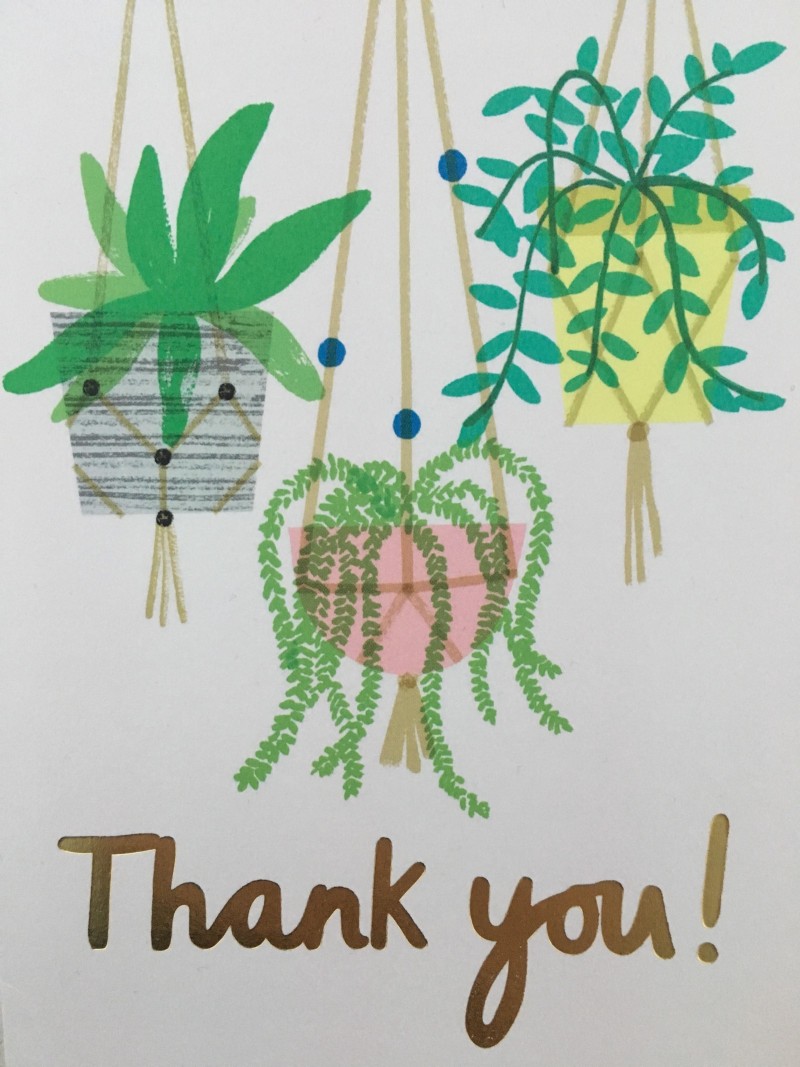Posted on Wednesday, 7th March 2018
Gratitude.
I feel like the word gratitude is spoken more and more lately. But what are people really talking about when they mention gratitude and how can we practice it?
I’ll start with some facts and research.
Gratitude has been proven to improve sleep (Wood et al 2008), increase optimism and well-being (Jackowska et al 2015), and life satisfaction (Polak at al 2006).
If that wasn’t enough, it has also been shown to affect how others around you see you, with McCullough (2002) reporting that grateful people are seen as more generous and helpful- never a bad thing!
It makes sense that gratitude can be so effective. If you’re feeling good then it can be very easy to think of things we are grateful for, which in turn makes us feel even better.
Imagine you are on an amazing holiday with your favourite people, doing your favourite activities and I ask you what you’re grateful for today. Easy right? But really thinking about these things and appreciating them in the moment will make the experience even better and cause you to be more appreciative, really deepening the happy moment.
So that’s gratitude when things are going well. Fine.
But, imagine you’ve had a really awful day at work, the weather is terrible and you’re arguing with a loved one. Thinking of what you’re grateful for might feel much more out of reach and the last thing you’re able to focus on. But, if you can push yourself to do it, I really believe it makes you feel better. It can be easy to feel that everything is terrible when we get in that state of mind, and by making ourselves think about the good things, we can ground ourselves and remember we always have something to feel grateful for.
There are lots of ways to practice gratitude on a daily basis but today I’m going to keep it short and simple.
Before you go to bed, write down three things you are grateful for.
These can be anything you like, big or small. You could be grateful for getting a seat on the bus that morning, grateful for the bed you’re going to sleep in, grateful for your friend who sent you a nice message, grateful for the TV show you enjoyed. Anything goes. The only rules are, think of three, write them down, and do this every evening. See how you feel after a week, a month, a year! Trust the process and enjoy being grateful.
If you are finding it hard to feel grateful for things in your life at the moment and think you would benefit from talking to someone, why not get in touch? Sometimes we need a little more than these daily exercises and that’s what I’m here for. I’d love to hear from you.
References
Jackowska, M., Brown, J., Ronaldson, A., & Steptoe, A. (2015). The impact of a brief gratitude intervention on subjective well-being, biology and sleep. Journal of healthpsychology, 1359105315572455.
McCullough, M.E., R.A. Emmons and J. Tsang: 2002, The grateful disposition: A conceptual and empirical topography, Journal of Personality and Social Psychology 82, pp. 112–127.
Polak, E. L., & McCullough, M. E. (2006). Is gratitude an alternative to materialism?. Journal of Happiness Studies, 7(3), 343–360.
Wood, A. M., Joseph, S., Lloyd, J., & Atkins, S. (2009). Gratitude influences sleep through the mechanism of pre-sleep cognitions. Journal of psychosomatic research, 66(1), 4
